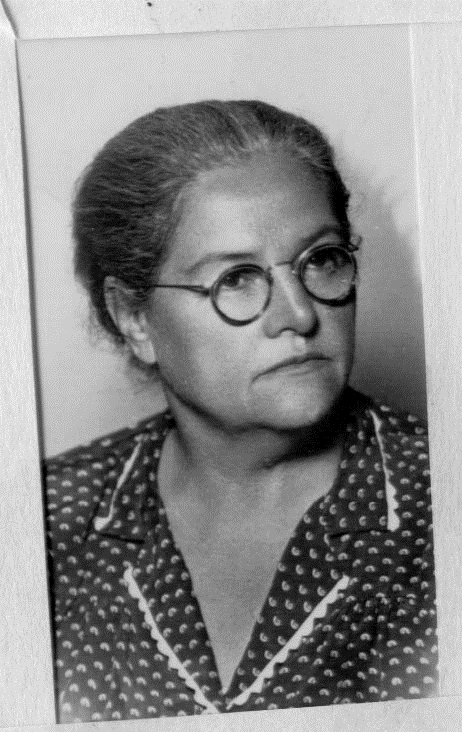Mara Đorđević Malagurski
Contributions to culture and science:
Mara Đorđević was a writer, ethnographer, and prominent cultural worker active in the first decades of the twentieth century. She was the holder of the Order of St. Sava, of the Fifth Degree, Order of the White Eagle of the Fifth Degree, the Russian Red Cross in Paris and the Cross of the Russian War Invalids.
Short biography:
Mara Djordjevic (maiden surname Malagurski) was an ethnographer and writer born in Subotica. The Malagurski family belonged to Bunjevac ethnic group and was known for their socially and politically engaged work and commitment to the Bunjevac people. Mara was one of the first seven women deputies in the Grand National Assembly. She was educated at the Strossmayer Institute in Đakovo as the only woman of the Bunjevac ethnic group. After that, Mara continued her education at the Women’s Higher School in Subotica. She studied English in London, so she also worked as a translator. She began publishing her first ethnographic and literary works in 1912 in the newspaper Neven, under the pseudonym Nevenka. She married Dragoslav Djordjevic, with whom she moved to Belgrade in 1929. She received recognition for her work in 1933 – her stories were published under the title Bita Đanina and other short stories from Bunjevac life. They were awarded the first prize at the literary competition of the Serbian Royal Academy of Sciences and Arts in Belgrade. After the Second World War, her land was confiscated. Due to the pressure on the Bunjevac people to declare as Croats, she withdrew from public life.
Interesting facts (Storytelling):
She enthusiastically welcomed the end of the First World War. She had a huge Serbian flag made and hoisted at the City Hall to welcome the Serbian army. In her book on the Bunjevac identity, A Bunjevac Woman on Bunjevac people (1941), she announced a historical, psychological novel Pajica Kantorov. But it was never published. The same happened with the psychological novel Nobody’s, which disappeared. She founded The Bunjevac Catholic Women Society and The Dilettante Society in Subotica in 1911. She also participated in the founding of the Bunjevac Educational Foundation in 1927. She organized women’s handicrafts embroidery exhibitions and wrote texts for theater performances.

